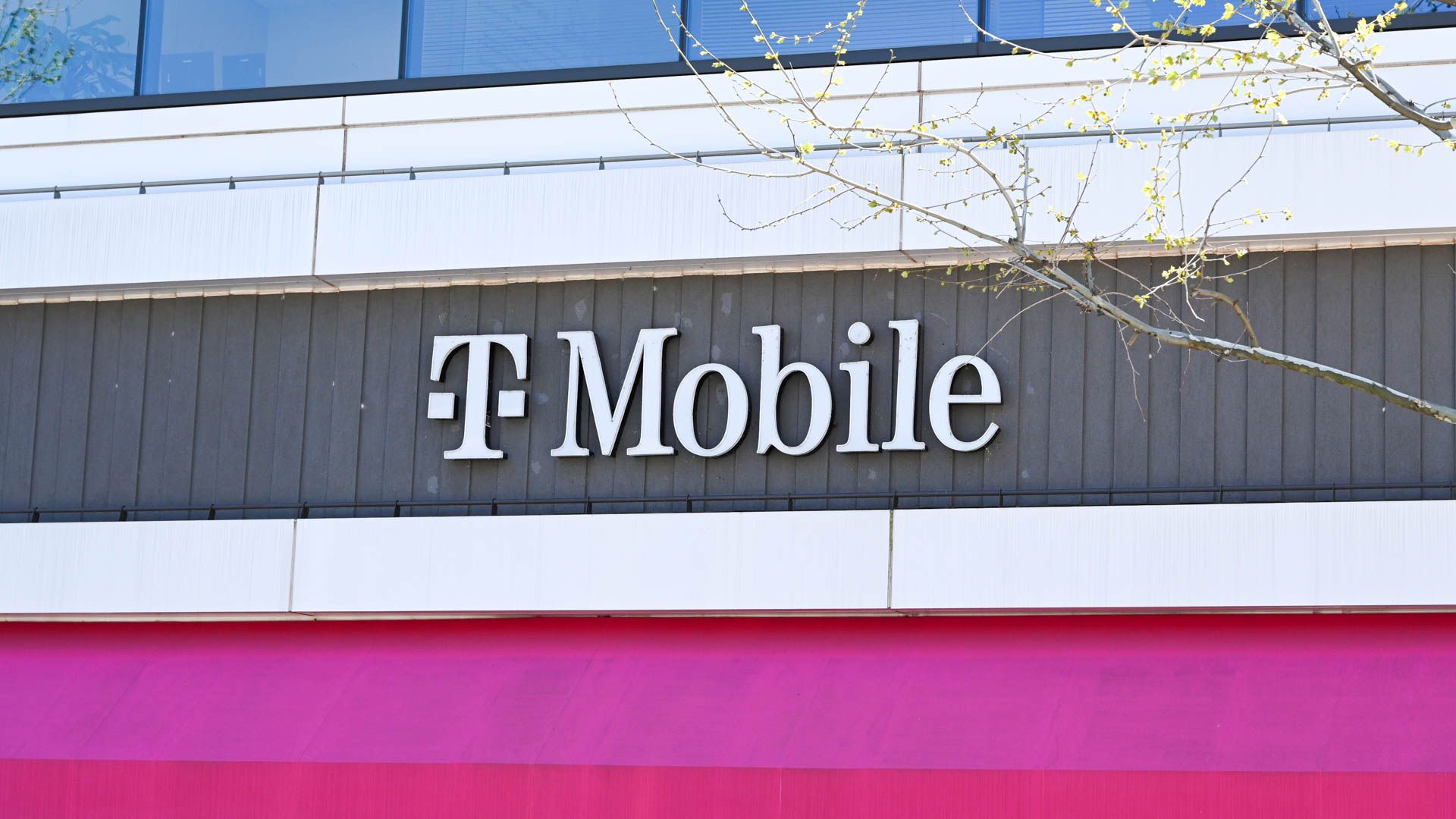T-Mobile is now acquiring Lumos in a joint venture with EQT. This acquisition will bring several thousand miles of fiber optic infrastructure under T-Mobile’s wing and may turn rival companies into T-Mobile clients.
Fiber optic rollout is a notoriously difficult process. You have to invest billions of dollars, organize several million hours of labor, and convince lawmakers to approve of potentially disruptive construction. Fiber providers like Verizon, AT&T, and Google also have a habit of falling into legal battles over differing deployment methods.
T-Mobile began building its fiber network in mid-2023. Under normal conditions, it would take several years (possibly a decade) for this fiber network to reach a substantial number of customers. That’s why T-Mobile is going down the acquisition route. Instead of waiting at the DMV to get its driver’s license, T-Mobile has skipped to the front of the line, so to speak.
The other company involved in this joint acquisition, EQT, is a “purpose-driven global investment organization.” Basically, it takes money from client investors, dumps the money into companies, guides the companies toward profitability, and reaps a return. EQT’s investment portfolio is fairly diverse, but in any case, it’s a big player in global infrastructure initiatives. It also has a six-year-long relationship with Lumos and has partnered with T-Mobile in the past.
In a press release, the two companies explain that this acquisition will combine T-Mobile’s “retail, marketing, brand and customer experience” with EQT’s “fiber infrastructure investment expertise.” Essentially, EQT is paying for a large portion of the acquisition and will come out of the deal owning between 35 and 40% of Lumos. T-Mobile, with an initial investment of approximately $950 million, will own 50% of Lumos. (T-Mobile’s $950 million investment will be used by Lumos for “future fiber builds.”)
This acquisition is still subject to regulatory approval. However, it could mark a major turning point for T-Mobile’s relatively recent dip into the fiber market. Lumos is currently available at 320,000 households and has laid 7,500 miles of fiber cable across the Mid-Atlantic region—Pennsylvania, Virginia, Maryland, and so on. This region, while highly competitive, isn’t fully covered by AT&T, Spectrum, and other fiber providers. It’s an “underserved,” untapped market.
However, Lumos will switch to a wholesale model after this deal closes. That’s a fancy way of saying that Lumos will license its fiber network to other internet providers, rather than hoarding it all for T-Mobile. Several digital-rights groups, including the EFF, claim that the wholesale model will increase the speed of fiber deployment while lowering the price of fiber rollout. T-Mobile will handle Lumos’ client relationships and branding, of course, and EQT will be in charge of network deployment.




![Enhance your AirPods with these essential accessories [Video]](https://techtelegraph.co.uk/wp-content/uploads/2024/05/AirPod-accessory-FI-218x150.jpg)
